The Profits of Religion
The Profits of Religion
An Essay in Economic Interpretation
This book is a study of Supernaturalism from a new point of view--as a Source of Income and a Shield to Privilege. I have searched the libraries through, and no one has done it before. If you read it, you will see that it needed to be done. It has meanttwenty-five years of thought and a year of investigation. Itcontains the facts.
Book Excerpt
forces, of laws of electricity; he saw this event as the act of an individual intelligence. To-day we read about fairies and demons, dryads and fauns and satyrs, Wotan and Thor and Vulcan, Freie and Flora and Ceres, and we think of all these as pretty fancies, play-products of the mind; losing sight of the fact that they were originally meant with entire seriousness--that not merely did ancient man believe in them, but was forced to believe in them, because the mind must have an explanation of things that happen, and an individual intelligence was the only explanation available. The story of the hero who slays the devouring dragon was not merely a symbol of day and night, of summer and winter; it was a literal explanation of the phenomena, it was the science of early times.
Men imagined supernatural powers such as they could comprehend. If the lightning god destroyed a hut, obviously it must be because the owner of the hut had given offense; so the owner must placate the god, using those means which w
Editor's choice
(view all)Popular books in Fiction and Literature, Religion, Criticism
Readers reviews
4.0
LoginSign up
This book reminds me of the aphorism 'The more things change, the more they remain the same". Sinclair's theses can be startingly current in many instances (usually by substituting terms like 'fundamentalist' for 'catholic', for example).
Mr. Sinclair does like to go on, however. Some parts of the work are almost totally opaque to the modern reader, but his socialist aims remain as transparent as they were in The Jungle.
All in all, a very worthwhile read. When Sinclair is good, he is very very good, and the slow parts are worthwhile to this end
Mr. Sinclair does like to go on, however. Some parts of the work are almost totally opaque to the modern reader, but his socialist aims remain as transparent as they were in The Jungle.
All in all, a very worthwhile read. When Sinclair is good, he is very very good, and the slow parts are worthwhile to this end
- Upvote (0)
- Downvote (0)
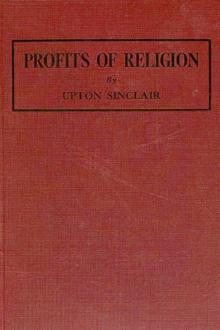
 Free Download
Free Download






















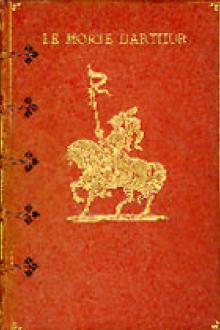
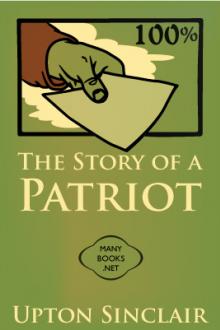
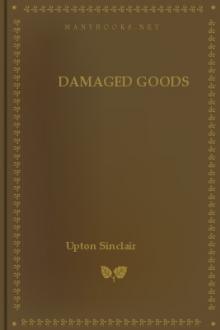
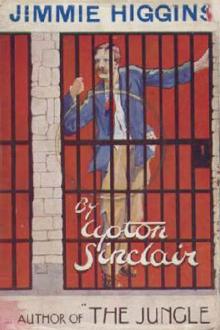
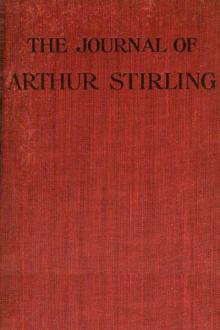
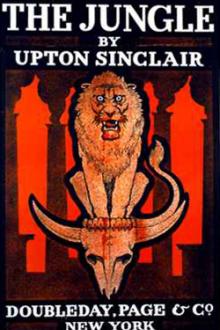
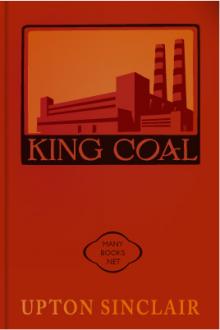
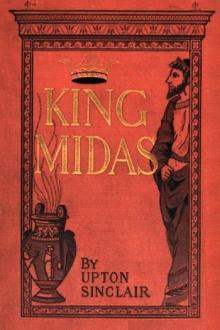
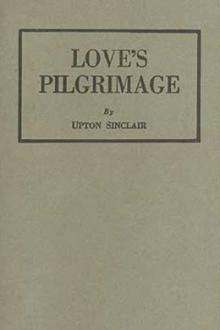
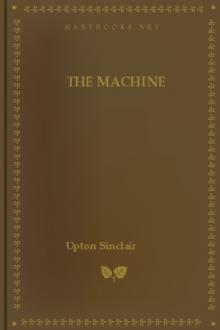
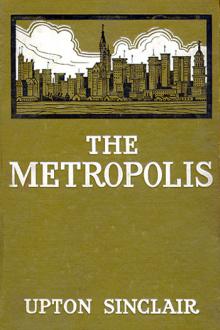
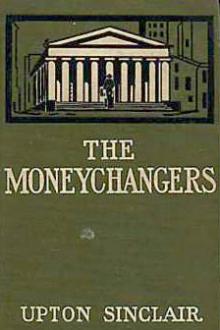
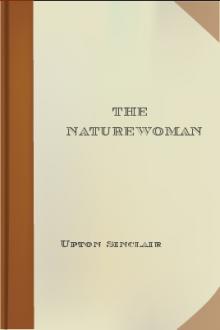
-itok=vcKIB5v1.jpg)